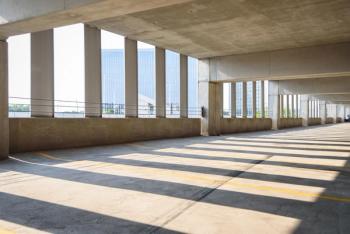
Ut Eam Prope (Keep Her Close)
Explore the theme of mortality and the fleeting nature of time in a poem inspired by Stoic philosophy and personal reflection.
Ut eam prope (keep her close)
They tell me Early to bed early to rise, makes a man healthy wealthy and wise
Nay I shout, It is man’s proximity to his own demise.
Now Here I stand with reinvigorated blue eyes
For I hath made death my mistress.
She companies me through mountains tall and cities sprawl
She keeps me well fed
not with wine and not with bread
But served with platters of time lost lazing about my stead.
Hands calloused by eternal execution
she reaches for my supple flesh
A smile soon creases my lips.
Come as you are
Come as you may.
I shan’t ask for even one more day!
This poem was inspired by a psychiatrist I work with at the Bradley Free Clinic in Roanoke, Virginia, and by discussions of aging with my medical student mentors. As we move into our late 20s and can no longer shirk the responsibilities previously afforded by our youthful existence, the notion of De Brevitate Vitae begins to set in. It starts as a nagging sense of unease, lurking at the edges of our subconscious, burrowing into the nooks and crannies of our psyche, waiting for a moment—or a series of moments—to rear its ugly head. For some, this realization comes in the form of a loss of stamina on the field or in the classroom, or perhaps through the violent hangovers that youth once seemed to shield us from. For me, this awakening came quietly, while reading Seneca’s Letters on the Shortness of Life. The realizations came in waves, forcing me to reflect on the time that I had wasted on Instagram, with individuals whose company I did not even enjoy, and other foolish transient pleasures. It was a seriously uncomfortable experience, one that pushed me to write this poem. Often, as humans, we take our future on this earth for granted, believing that our achievements are just over the horizon. We devise elaborate plans: what we will accomplish at work, where we will vacation with our significant other, how we will raise our children. Yet, when the time comes to execute these plans, many of us (myself included) behave as though infinite time is allotted to us and allow precious hours, days, weeks, and sometimes even years to be skimmed off, unaccounted for. Worse still is the modern amalgamation of Seneca’s “soft and careless living,” reflected in our inability to wrench ourselves from the abyss of social media. Seneca so eloquently writes: “No one lets anyone seize his estates, and if a trivial dispute arises about boundary lines, there's a rush to stones and arms; but people let others trespass on their existence—or rather, they go so far as to invite in those who'll take possession of their lives.”1 How we view time ought to shift, but change will not come overnight. A constant reminder of our mortality—making death our mistress, in a way—coupled with the integration of practical philosophy into our daily lives, is an excellent place to start.
Special thanks to Dr Reinhard, Jason Zimmerman, and John Shaw for our incredible conversations on existence, the abyss, and grabbing life by the cojones. This work would not be possible without them.
Mr Lamba is a medical scribe at the Bradley Free Clinic in Roanoke, VA.
Reference
1. Seneca. De Brevitate Vitae. 49 CE.
Newsletter
Receive trusted psychiatric news, expert analysis, and clinical insights — subscribe today to support your practice and your patients.







